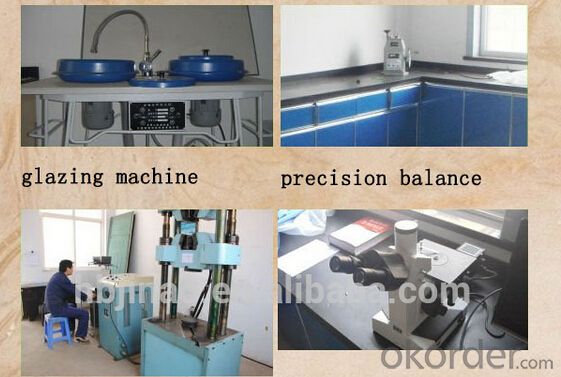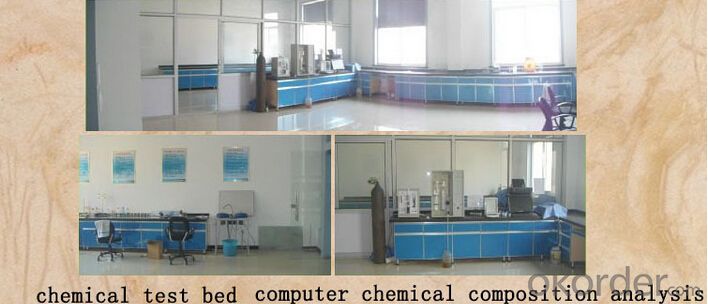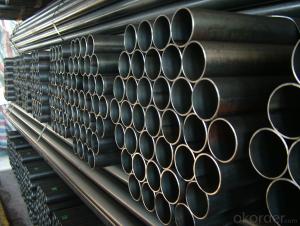Drive shaft pipes for automobile industry
- Loading Port:
- China Main Port
- Payment Terms:
- TT OR LC
- Min Order Qty:
- -
- Supply Capability:
- -
OKorder Service Pledge
OKorder Financial Service
You Might Also Like
Specifications
1.auto seamless steel pipe
2.OD:89mm-219mm;WT:1mm-12mm
3.Grade:20# 35# 40# Q345 10# 20Cr 40Cr etc
4.fast delivery
Scope: Covers several grades of carbon and alloy steel seamless mechanical tubing. This specification covers both seamless cold-drawing mechanical tubing and seamless cold-rolling mechanical tubing.
Size Range: Covers tubes in size up to 80mm outside diameter for round tubes with wall thicknesses 1mm-14mm
Shape: The tubes shall be furnished in the following shapes, as specified by the purchaser: round, square,rectangular,hexagonal and special sections.
Marking: as per customer's requirement,your drawing or sample are welcomed.
Dimensions, Mechanical properties, Chemical compositions:
Refer to relative standard as per clients requirements
Packing :Bundles, seaworthy packing
With or without edge protector, steel hoop and seals, or as per customers' requirements


- Q:How do steel pipes handle abrasive materials?
- Steel pipes are highly resistant to abrasive materials due to their strong and durable nature. The smooth interior surface of steel pipes minimizes friction and wear caused by abrasive materials, making them an ideal choice for handling such substances.
- Q:How are steel pipes used in the wastewater treatment industry?
- Steel pipes are commonly used in the wastewater treatment industry for various purposes such as carrying and distributing wastewater, transporting chemicals, and constructing infrastructure like tanks, pumps, and treatment units. The strength, durability, and corrosion resistance of steel pipes make them ideal for handling the harsh and corrosive nature of wastewater, ensuring efficient and reliable operation of the treatment processes.
- Q:How long is the seamless tube?
- Generally finished seamless steel tubes are less than twelve meters, mainly for the convenience of shipment.In times of rolling (processing), the steel pipe can reach 80 meters or longer.
- Q:How do you clean and maintain steel pipes?
- To clean and maintain steel pipes, start by removing any dirt, dust, or debris using a soft cloth or brush. Then, use a mild detergent mixed with water to wash the pipes thoroughly. Rinse them with clean water and dry them completely to prevent rusting. Regularly inspect for any signs of corrosion or damage, and promptly address any issues. Applying a rust-resistant coating can also help in maintaining the pipes' longevity.
- Q:Are steel pipes suitable for use in hydropower plants?
- Yes, steel pipes are suitable for use in hydropower plants. Steel pipes offer excellent durability, strength, and resistance to corrosion, making them ideal for transporting water or other fluids in hydropower systems. Additionally, steel pipes can withstand high pressure and provide efficient flow rates, ensuring reliable and efficient operation of the hydropower plant.
- Q:How are steel pipes used in the manufacturing of oil refineries?
- Steel pipes are essential in the manufacturing of oil refineries as they are used for various purposes such as transporting crude oil, petroleum products, and other fluids throughout the facility. These pipes are used for the construction of pipelines, storage tanks, and various process equipment within the refinery. They provide a reliable and durable means of conveying and distributing fluids necessary for the refining process, ensuring efficient operations and the safe transportation of oil and its byproducts.
- Q:Are steel pipes environmentally friendly?
- Steel pipes can be considered environmentally friendly for several reasons. Firstly, steel is a highly durable and long-lasting material, which means that steel pipes have a longer lifespan compared to other materials like plastic pipes. This reduces the need for frequent replacements and repairs, reducing waste and conserving resources. Secondly, steel is a highly recyclable material. At the end of their lifespan, steel pipes can be easily and efficiently recycled, without losing their properties or quality. This reduces the demand for new steel production, which often requires significant amounts of energy and resources. Furthermore, steel pipes have a high resistance to corrosion, which means that they require fewer chemical treatments to prevent rusting and maintain their structural integrity. This reduces the release of harmful chemicals into the environment and minimizes the impact on ecosystems and human health. It is also worth mentioning that steel pipes are used in various industries, including water supply and wastewater management. Steel pipes are known for their excellent strength and reliability, ensuring the safe and efficient transportation of fluids. This reduces the risk of leaks and spills, preventing contamination of water sources and protecting the environment. However, it is important to note that the production of steel pipes does have some environmental impact. The extraction of raw materials, such as iron ore and coal, requires energy and can contribute to deforestation, habitat destruction, and greenhouse gas emissions. Additionally, the manufacturing process itself generates emissions and waste. Overall, while steel pipes may not be completely free from environmental impact, their durability, recyclability, and resistance to corrosion make them a relatively environmentally friendly choice compared to other materials.
- Q:How are steel pipes used in the construction of stormwater drainage systems?
- Steel pipes are commonly used in the construction of stormwater drainage systems due to their durability and strength. They serve as underground conduits to efficiently transport stormwater away from built-up areas, preventing flooding and water damage. Steel pipes offer high resistance to external pressure and are capable of withstanding heavy loads, making them suitable for underground installations. Additionally, their corrosion-resistant properties ensure long-term effectiveness and minimize maintenance requirements. Overall, steel pipes are essential components in stormwater drainage systems, providing reliable and efficient water management solutions.
- Q:Can steel pipes be used for underground electrical conduits?
- Yes, steel pipes can be used for underground electrical conduits. They are durable, strong, and provide excellent protection for the electrical wiring. However, it is essential to consider factors such as corrosion and grounding requirements before choosing steel pipes for underground electrical conduits.
1. Manufacturer Overview |
|
|---|---|
| Location | |
| Year Established | |
| Annual Output Value | |
| Main Markets | |
| Company Certifications | |
2. Manufacturer Certificates |
|
|---|---|
| a) Certification Name | |
| Range | |
| Reference | |
| Validity Period | |
3. Manufacturer Capability |
|
|---|---|
| a)Trade Capacity | |
| Nearest Port | |
| Export Percentage | |
| No.of Employees in Trade Department | |
| Language Spoken: | |
| b)Factory Information | |
| Factory Size: | |
| No. of Production Lines | |
| Contract Manufacturing | |
| Product Price Range | |
Send your message to us
Drive shaft pipes for automobile industry
- Loading Port:
- China Main Port
- Payment Terms:
- TT OR LC
- Min Order Qty:
- -
- Supply Capability:
- -
OKorder Service Pledge
OKorder Financial Service
Similar products
New products
Hot products
Related keywords





























